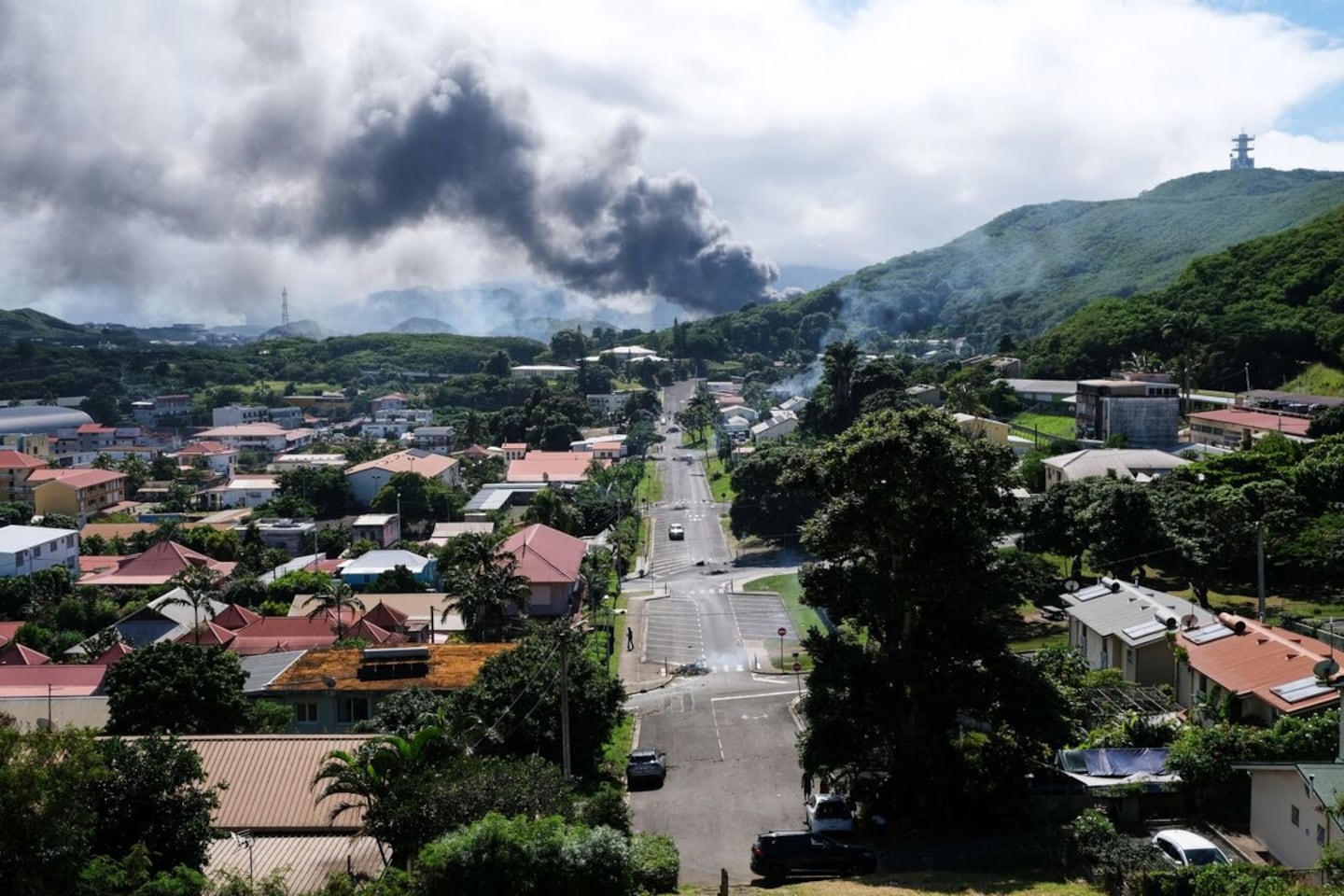The controversial electoral reforms that set off five months of civil unrest in Kanaky (New Caledonia) will not proceed, new French Prime Minister Michel Barnier has announced.
That’s made a Kanak community leader very happy. Te Ao Māori News talked to the leader, who requested anonymity and who we will refer to as John.
But John said he had been disappointed by the behaviour of President Emmanuel Macron, former interior minister Gérald Darmanin and armed forces minister Sébastien Lecornu towards the indigenous Kanak population.
“They waited five months, resulting in 13 lives lost, hundreds of destroyed businesses, and thousands of people affected by this anti-colonial insurgency, when it would have only taken a simple announcement,” he said.
“This will forever mark the indigenous Kanak people in their history and will have a significant impact on the future of future generations in Kanaky.”
John said it was a victory for independence and full sovereignty for the Kanak people and the independence movements.
“But we must remain vigilant because the state has shown it is not capable of keeping its promises and commitments,”
He said he also wanted to hear an official announcement from President Macron himself.
Worries remain due to ‘biased’ state
He said the state has shown it is biased in the conflict.
“[The French state] does not want to allow the indigenous Kanak people to enjoy their rights to decolonisation, self-determination, and above all, emancipation,” John said.
He said the French colonial state and the loyalists (anti-independence supporters) must go further and acknowledge their “forceful approach” to the conflict, which showed disproportionate violence as well as acknowledging the third referendum was “stolen from the Kanak people”.
John was referring to the Nouméa Accord which promised a gradual transfer of power back to Kanaks and involved three referendums to vote on independence.
The first referendum for independence received a yes vote of 72 per cent in 1998, 43 per cent in 2018, and 47 per cent in 2020. There were concerns about the 2020 referendum as the overwhelming majority of Kanak people didn’t participate because the referendum was held during a Covid-19 lockdown. This made voting inaccessible and Kanak weren’t able to participate because of their Indigenous practices over mourning.
John said the state had to collectively recognise what it had committed, by derailing the decolonisation process, was a crime against humanity.
The postponement of 2024 elections
It was also announced that the provincial elections would be postponed for a year.
“The elections should not be postponed because this anti-colonial insurrection has shown that the people have no confidence in the current political class,” John said.
“Moreover, the Kanak people are demanding a renewal as, currently, politicians appear to be totally disconnected from the ground, whether on the independence or loyalist side.”
However, he doesn’t think the elections will be postponed because in August the Congress of The Kanak and Socialist National Liberation Front (FLNKS), the Party of Kanak Liberation (PALIKA) and Union Progressiste en Mélanésie (UPM) confirmed the continuation of the elections in December.
John said perhaps elected independence supporters would resign to force 2024 elections.




